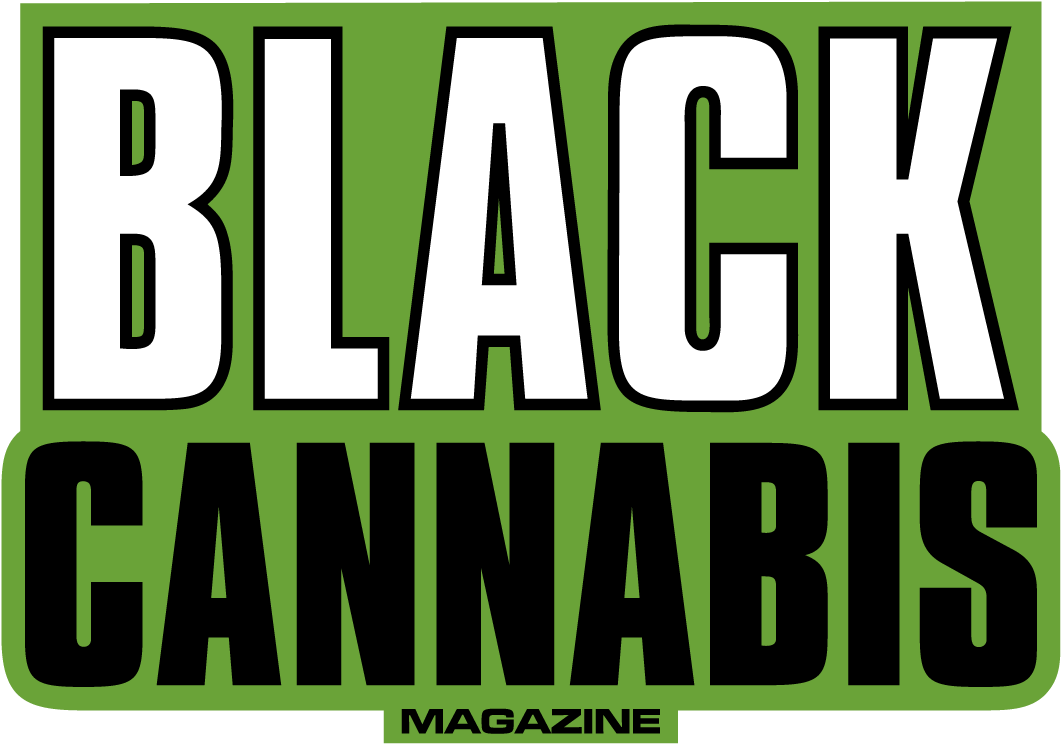Illinois’ cannabis industry is a lucrative market worth $1.5 billion. However, analysis reveals that the industry is not providing equal opportunities for all, particularly people of color. State leaders have tried to promote diversity, yet only 1% of majority dispensary owners are Black or Hispanic. This article delves into how Illinois’ social equity program and direct forgivable loans aim to provide equal opportunities to those who have been disproportionately affected by the war on drugs.
The Challenges of the Cannabis Industry
Eric Ice-Gipson, founder of the 1937 Group, explained that starting a business in the cannabis industry is difficult, particularly for minority groups who have been left out. The industry demands a substantial amount of capital, which most minority groups do not have access to. Even with state and private funding, Ice-Gipson said he and other businesses are still struggling to become operational. The law requires licensees to become operational within 180 days of winning the license, which is insufficient time for many businesses to raise capital. The state’s direct forgivable loans program is designed to eliminate these barriers.
The State’s Social Equity Program
Illinois’ social equity program provides cannabis licenses to applicants who meet specific criteria. Applicants must have lived in a low-income area for at least five of the last ten years, have an arrest or marijuana conviction that is eligible for expungement, and employ more than ten people residing in an area with higher rates of people incarcerated for marijuana charges. Erin Johnson, who oversees marijuana operations for Illinois, said the social equity program aims to correct the injustices that black and brown communities suffered from the war on drugs. Out of the 192 social equity licenses awarded in July, 40% are majority Black-owned.
The State’s Direct Forgivable Loans Program
The state offers a direct forgivable loans program to remove barriers that social equity applicants may encounter. The program provides $100,000 to eligible applicants, and an additional $100,000 to applicants who qualify as a disproportionately impacted area. To qualify, an applicant must be a qualified social equity applicant and agree to use the funds for eligible expenses such as architectural, engineering, or consulting fees. The loan is forgivable if the applicant becomes operational within six months after receiving the conditional license. Johnson said the state is continuously looking to improve the program, but Illinois already has the most diverse cannabis industry in the country.
Illinois’ Continued Efforts to Expand Equity
Illinois is still accepting applications for 55 more social equity cannabis dispensary licenses, and the deadline to apply has been extended to March 10. The state is also working to expand outreach into Black and brown communities to explain the application process, the loans that are available, and to eliminate some of the industry’s barriers. Johnson said the state is committed to leveling the playing field, but the industry requires a considerable amount of capital, and changing the requirements to allow owners more time to raise capital will take time.










